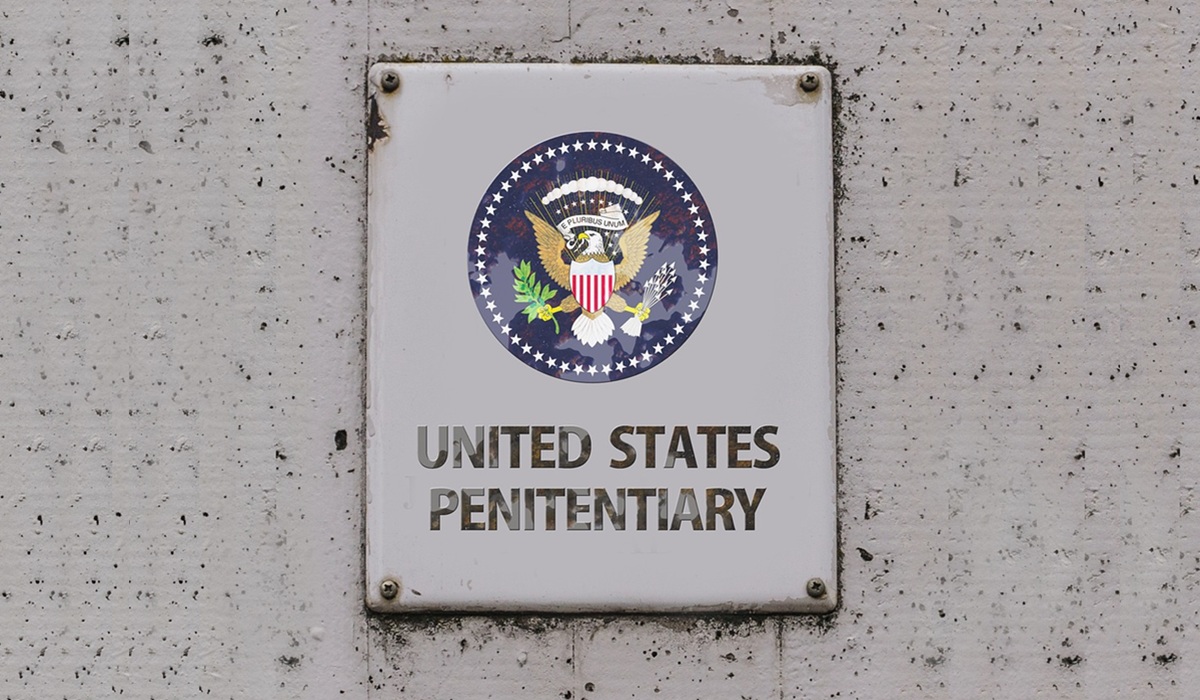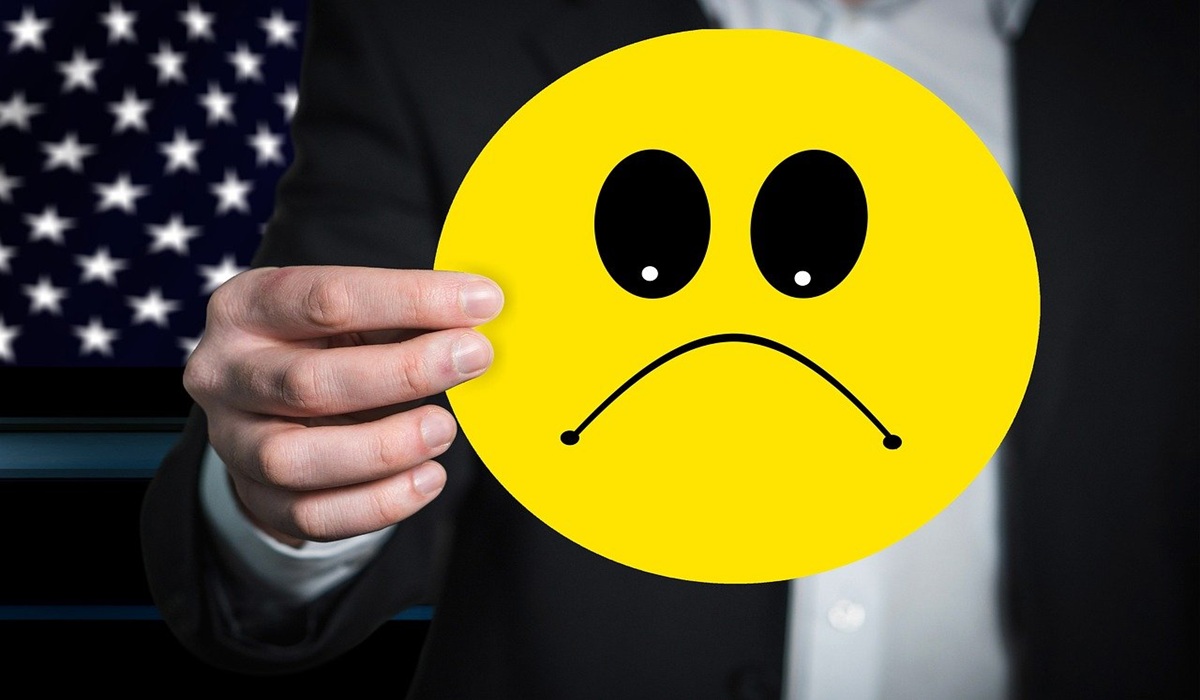“One Big Beautiful Bill” Adds $3 Trillion to U.S. Debt — Hypocrisy, Cuts, and a Crumbling Coalition
- Naomi Dela Cruz
- U.S.A
- July 1, 2025

President Donald Trump is back in the Oval Office—and once again, he’s rewriting the rules of fiscal responsibility. With the recent passage of the One Big Beautiful Bill Act (OBBBA), the U.S. has signed up for an additional $3 to $3.3 trillion in national debt over the next decade, according to the Congressional Budget Office (CBO).
The bill is being sold as a pro-worker, pro-growth, all-American victory. In reality, it’s a time bomb—one that explodes the deficit, guts essential programs, and lays bare the fundamental hypocrisy at the heart of Republican fiscal politics.
If this feels familiar, that’s because it is. During his first term, Trump signed the 2017 Tax Cuts and Jobs Act, a package that added $1.9 trillion to the national debt. At the time, Republicans promised it would pay for itself. It didn’t. The federal debt ballooned by nearly $8 trillion during Trump’s four years in office.
Now in his second term, Trump’s OBBBA goes even further. The CBO estimates it will add $3.3 trillion to the debt through 2034. The centerpiece? Permanent extensions of his 2017 tax cuts and flashy new gimmicks like eliminating taxes on tips and overtime.
It’s a tax-cut bonanza. But who’s footing the bill? Spoiler: not the billionaires.
To “offset” the revenue loss, the bill includes sweeping cuts to Medicaid, food stamps (SNAP), and clean-energy tax credits introduced under the Biden administration. These aren’t just numbers—they’re lifelines for millions of Americans. The CBO projects 10 to 12 million people could lose health coverage under the new plan.
At the same time, the bill authorizes a $150 billion increase in defense spending, plus tens of billions more for immigration enforcement, border walls, and mass deportation operations.
In short: Social programs are being gutted to bankroll tax breaks and militarization.
Let’s call it what it is. The Republican Party’s obsession with the national debt is a farce—selective outrage used to block Democratic spending while quietly enabling trillions in giveaways when they’re in power.
Every Republican talking point about “fiscal responsibility” vanishes the moment a GOP president takes office. Trump has now added over $10 trillion to the national debt across his two terms—more than any other president in U.S. history, including during wartime or recession.
But you won’t hear a peep from the same Republicans who cried foul over Biden’s student loan relief or climate investments. Because it was never about the debt. It’s about who gets paid.
The bill has also triggered an unexpected political divorce: Elon Musk vs. Donald Trump. Musk, who once embraced Trump as a “bold reformer,” blasted the bill on X, calling it a “fiscal horror show” and “a betrayal of the working class.”
Trump hit back on Truth Social, accusing Musk of being “ungrateful” and “not truly MAGA.” The gloves are off.
This split isn’t just gossip—it’s symbolic. Even among the elite who once rode the Trump wave, there’s growing discomfort with just how far the administration is willing to go to prop up the wealthiest at the expense of the rest.
Let’s stop pretending this is about balancing budgets. The U.S. debt won’t go down—not under Trump, not under Biden, not under anyone. It’s a permanent feature of a system built to benefit those at the top.
The debt is weaponized when it’s politically convenient. When Democrats try to invest in healthcare or education, Republicans scream catastrophe. But when Trump gives billions to corporations and slashes programs for the poor? Silence.
It’s not broken governance—it’s calculated looting, cloaked in patriotism and populist rhetoric.
The One Big Beautiful Bill Act is more than just a fiscal maneuver—it’s a bold declaration of priorities. And those priorities are clear: reward the rich, punish the vulnerable, and pretend it’s good for America.
The numbers don’t lie. The only question left is whether the voters will see through the charade—or keep letting both parties play the same game, just with different slogans. Either way, the bill is signed, the debt is climbing, and the clock is ticking.
Because in Washington, the only thing truly bipartisan anymore… is the sellout.








